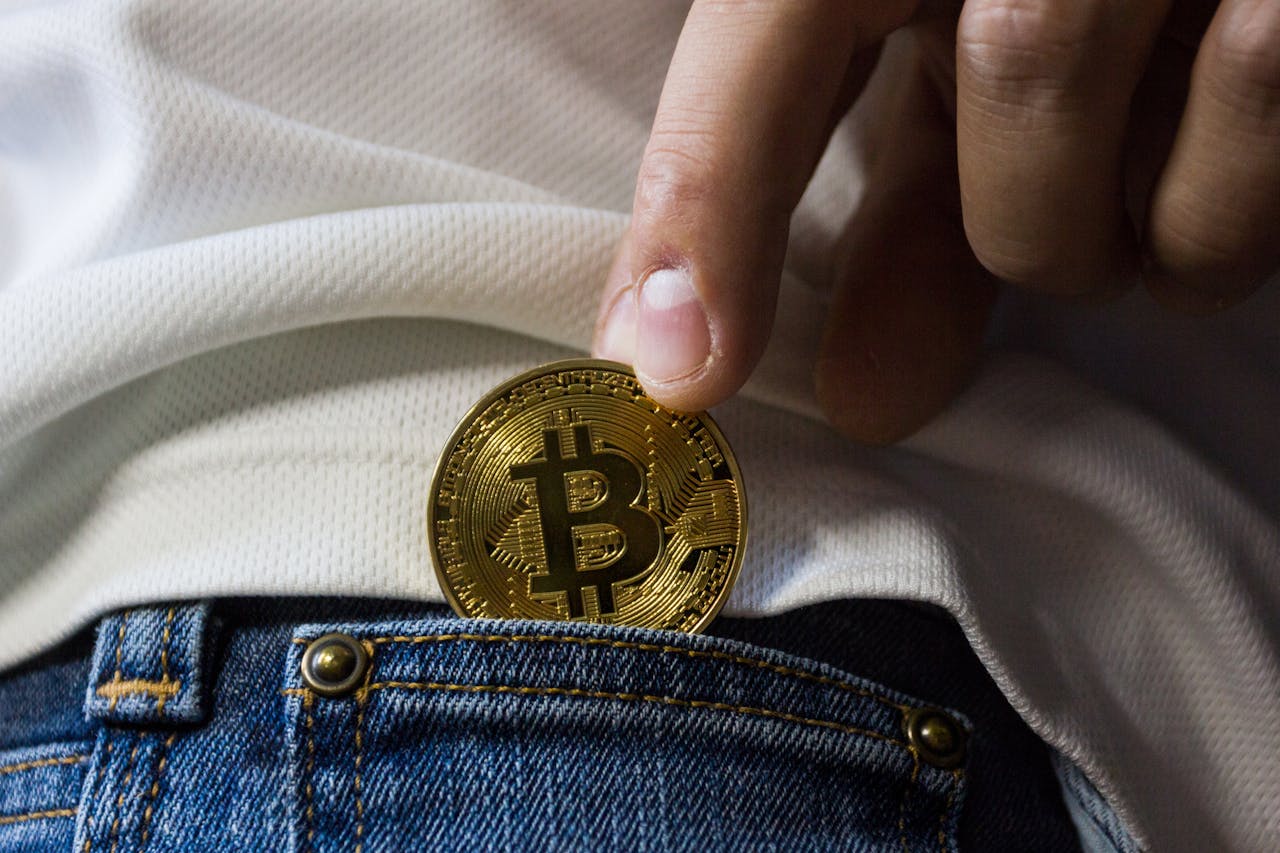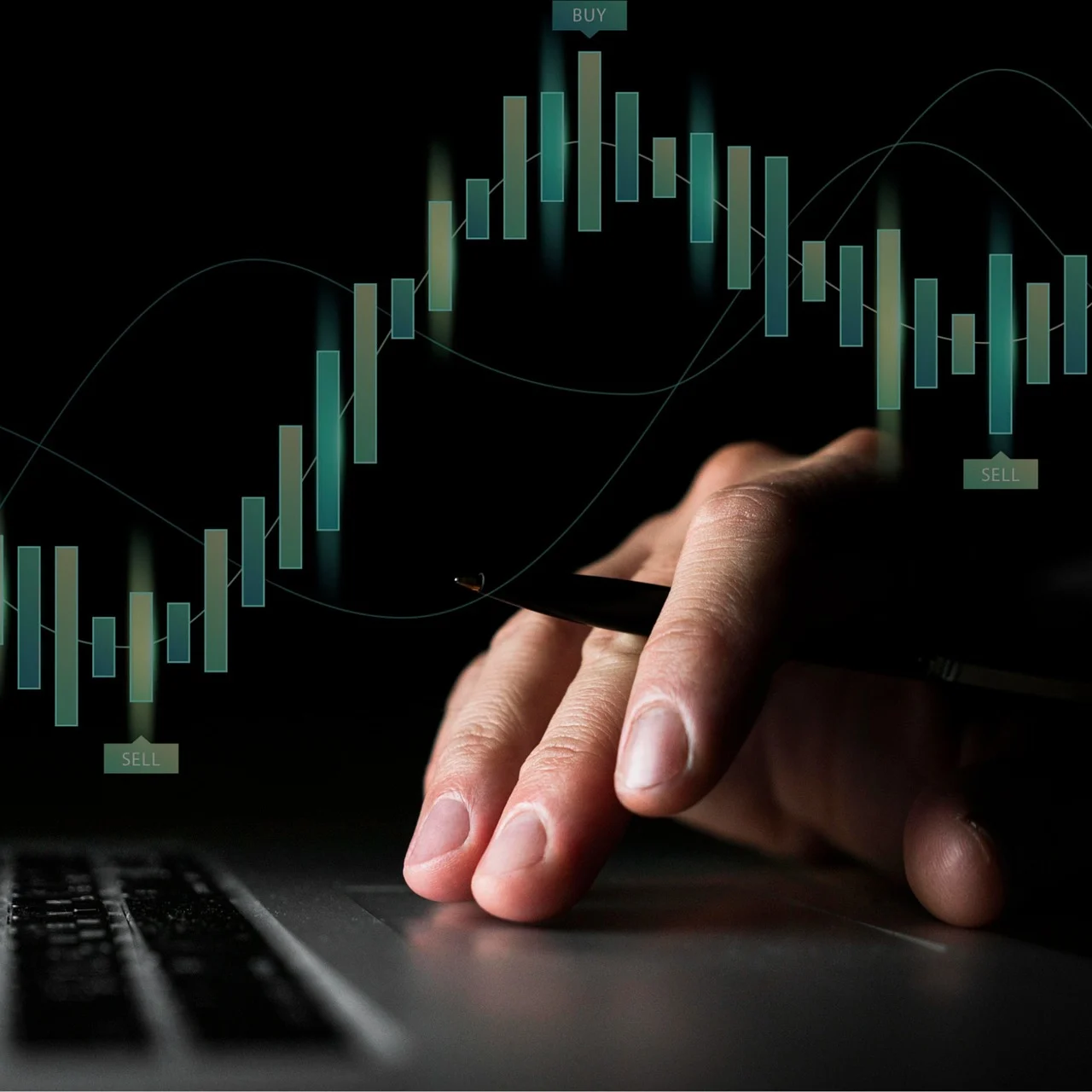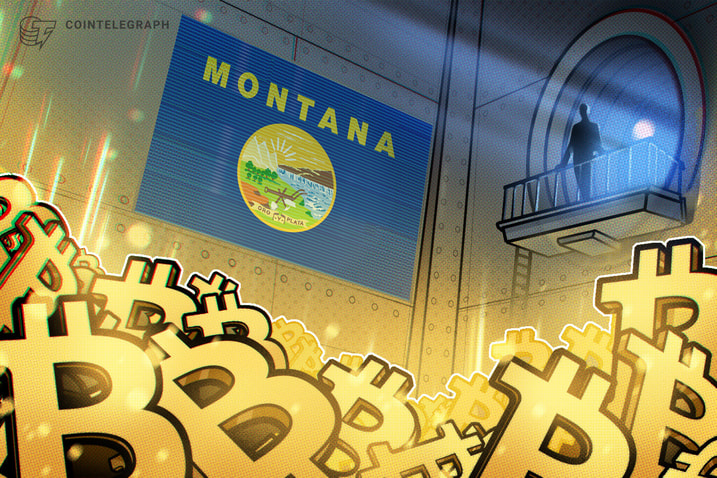Link copied
January CPI report expected to show headline inflation eased slightly amid rate cut debate
general :: 2025-02-12 :: source - yahoo finance
By Alexandra Canal

Grocery store / Yahoo finance
January's Consumer Price Index (CPI) will serve as the latest test of whether inflation pressures have eased as investors debate if and when the Federal Reserve will cut interest rates in 2025.
The report, set for release at 8:30 a.m. ET on Wednesday, is expected to show headline inflation of 2.9%, matching the annual gain seen in December. Consumer prices are expected to have risen 0.3% over the prior month, a slight deceleration from the 0.4% monthly increase seen in December.
On a "core" basis, which strips out the more volatile costs of food and gas, prices in January are expected to have climbed 3.1% over last year, the lowest level since April 2021. This would also mark a decline from the 3.2% seen in December, which was the first time since July that year-over-year core CPI showed a deceleration in price growth.
Read more: How does the labor market affect inflation?
Economists expect monthly core price increases to come in at 0.3%, slightly higher than the prior month's reading of 0.2%, according to Bloomberg data.
Core inflation has remained stubbornly elevated due to higher costs for shelter and services like insurance and medical care. That trend likely held up last month, with core services expected to tick higher in January, while prices of certain core goods, like used cars, should also remain elevated.
"We anticipate an increase in core goods prices, largely due to new and used cars," Bank of America economists Stephen Juneau and Jeseo Park wrote in a note ahead of the report.
"Outside of autos, we generally see core goods prices falling given an improving supply backdrop. However, moderate residual seasonality in the month of January poses upside risk to our core goods CPI forecast."
The team expects rental prices to be little changed from December. It does forecast owners' equivalent rent (OER), or the hypothetical rent a homeowner would pay for the same property, to increase slightly to 0.4% from the prior 0.3%.
The impact of Trump 2.0
Although inflation has been slowing, it has remained above the Federal Reserve's 2% target on an annual basis.
The ascension of Donald Trump to the presidency has further muddied the outlook, with some economists arguing the US could face another inflation resurgence as Trump commits to a protectionist trade policy. That's likely to complicate the central bank's path forward for interest rates.
"We continue to believe that the Trump Administration's trade, fiscal and immigration policy agenda would be mildly inflationary," Juneau and Park wrote. "The impact of policy changes on inflation is likely to play out in the second half of 2025, although imposition of additional tariffs in the next few weeks could advance the timeline."
On Monday, President Trump announced global 25% tariffs on steel and aluminum imports, which will take effect on March 12. 25% tariffs on Mexico and Canada are set to come next month, while 10% duties on China have already been implemented.
"A key question is whether policy changes impact long-run inflation expectations," the Bank of America analysts said. "Market-based measures remain in the historical range, but inflation expectations in the UMich survey are at risk of de-anchoring to the upside."
The latest University of Michigan consumer sentiment survey released Friday showed headline sentiment declined to its lowest level in seven months as pessimism over the inflation outlook drove down February's preliminary read and one-year inflation expectations jumped to their highest reading since November 2023.
Federal Reserve Bank of Chicago president Austan Goolsbee shrugged off the survey's sharp increase, telling Yahoo Finance it's important to stay rooted in market-based data.
"Those have been anchored absolutely solidly at exactly the target the market believes," he said on Friday. "And the long-run expectations are not changing. I believe that we are going to get back to 2%."
The 10-year breakeven inflation rate, for example, stood at 2.4% as of Monday, near its highest levels of the year but inside a range that has been more stable between 2% and 2.4% over the last two years.
Still, Dallas Fed president Lorie Logan warned last week that if inflation rises, "it will be a signal that monetary policy has more work to do," while Powell added in his testimony before the Senate Banking Committee on Tuesday that the central bank is in no rush to lower interest rates.
Alexandra Canal is a Senior Reporter at Yahoo Finance. Follow her on X @allie_canal, LinkedIn, and email her at alexandra.canal@yahoofinance.com.
Source: Yahoo finance
This week top market trends.
-
Trump announces $500 billion 'Stargate' AI venture headed by Oracle, OpenAI, SoftBank
2025-01-22 :: general :: yahoo finance -
Goldman sees the S&P 500 dropping 5% as Trump's tariffs hit earnings
2025-02-05 :: stock :: business insider -
How much should I contribute to my 401(k) ?
2025-02-02 :: investing ideas :: yahoo finance -
1 Chinese AI Stock to Watch in 2025
2025-02-10 :: investing ideas :: motley fool -
Reuters ASML shares surge after strong bookings
2025-01-29 :: stock :: reuters
Recent global market news
-

U.S. Crypto Task Force to Focus on Delivering National Bitcoin Reserve: Bernstein
2025-02-17 :: :: coindesk




